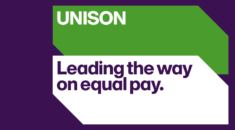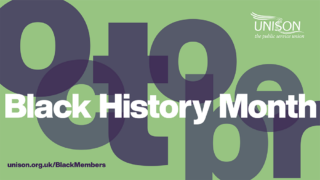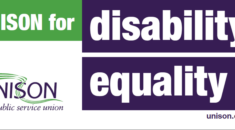Today is a crucial day in the calendar – today is equal pay day
Today is the point at which the average woman working full-time starts working for free
Today is a crucial day in the calendar. It’s not one that’s marked with a bank holiday nor one which you’re likely to see splashed across the front pages of the papers, but it’s a day that reminds us how far we still have to go.
Today is Equal Pay Day – the point at which the average woman with a full-time job effectively starts working for free, whilst their male counterparts carry on earning through to the end of the year. That’s because the overall ‘pay gap’ between average male and female salaries currently stands at 14.2 per cent.
Clearly such an enormous disparity means we have a lot more work to do.
One method which had gained much attention in recent years is pay transparency and equal pay audits. Transparency is a useful tool – and can have a profound impact on the way many employers view their pay and staffing arrangements – but it does little on its own to benefit women at the lower end of the labour market. That’s where unions come in.
At UNISON we’ve worked hard to tackle unequal pay practices, delivering equal pay for hundreds of thousands of women through negotiation. We led the negotiations on Agenda for Change in the NHS (the largest workforce in Europe) which delivered equal pay, tackled low pay and developed proper recognition for clinical and technical skills.
Of course as well as this, women should expect their legal right to equal pay to be upheld. Yet for any legal right there has to be an effective enforcement mechanism, and enforcement in the form of individual claims has fallen through the floor. The number of successful ‘equal pay’ employment tribunal claims against employers other than the NHS and local authorities is pitifully small (slightly more than a handful per year on average). And recent government measures – including the introduction of fees for workers to take their employers to tribunal – have only made things worse.
UNISON has challenged this with repeated legal action against the government to challenge the introduction of employment tribunal fees, and we’ll be taking the fight to the Supreme Court and Europe (if necessary) to defend our members and ensure they receive the pay they deserve, regardless of gender.
Whilst this government are keen to clothe themselves in the language of equal pay (as well as hijacking and undermining the true meaning of the living wage) – they’re showing little interest in tackling the real disadvantages which women face in the workplace. In fact – as we should all reflect on today – they are making it worse.








